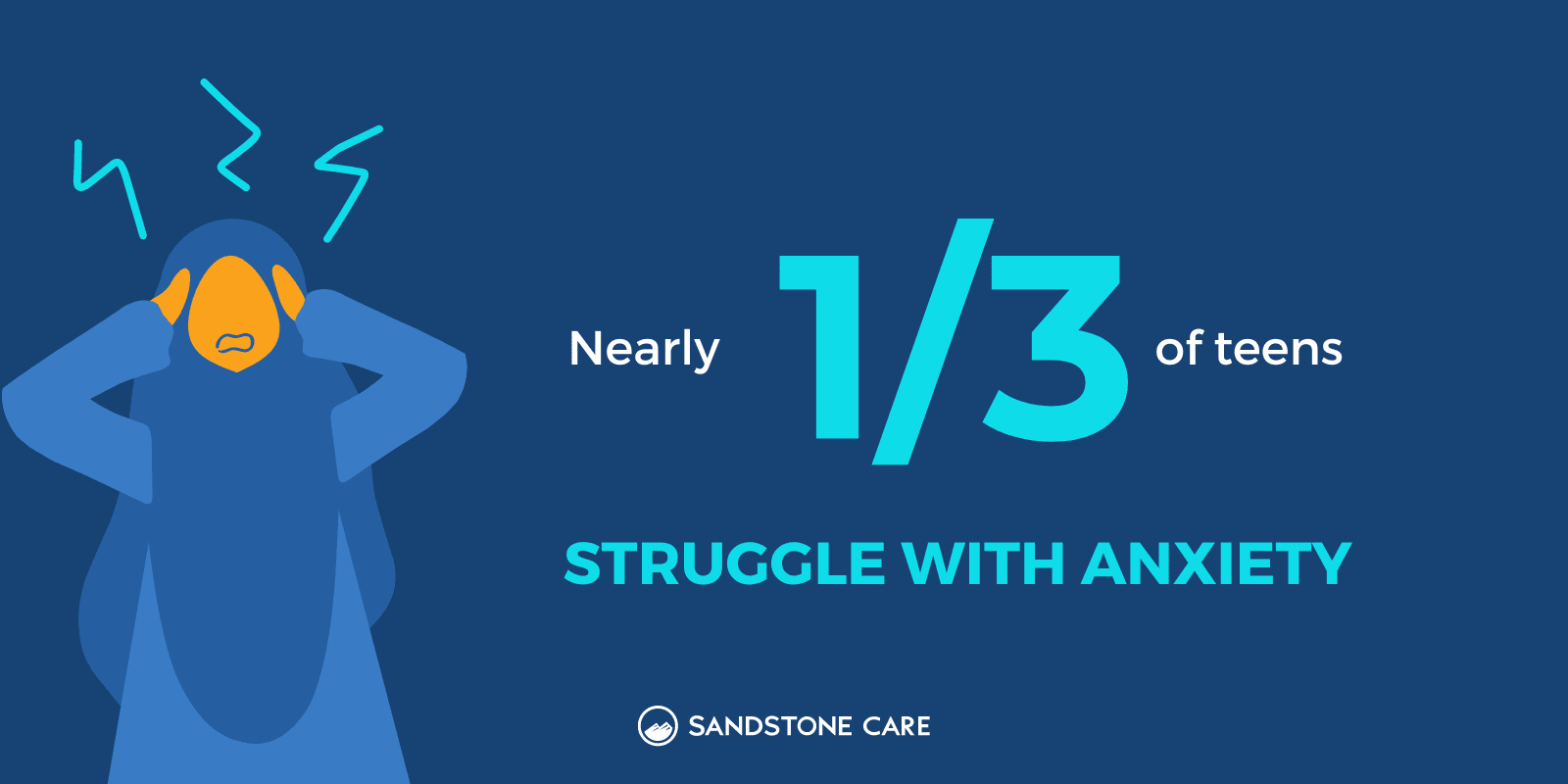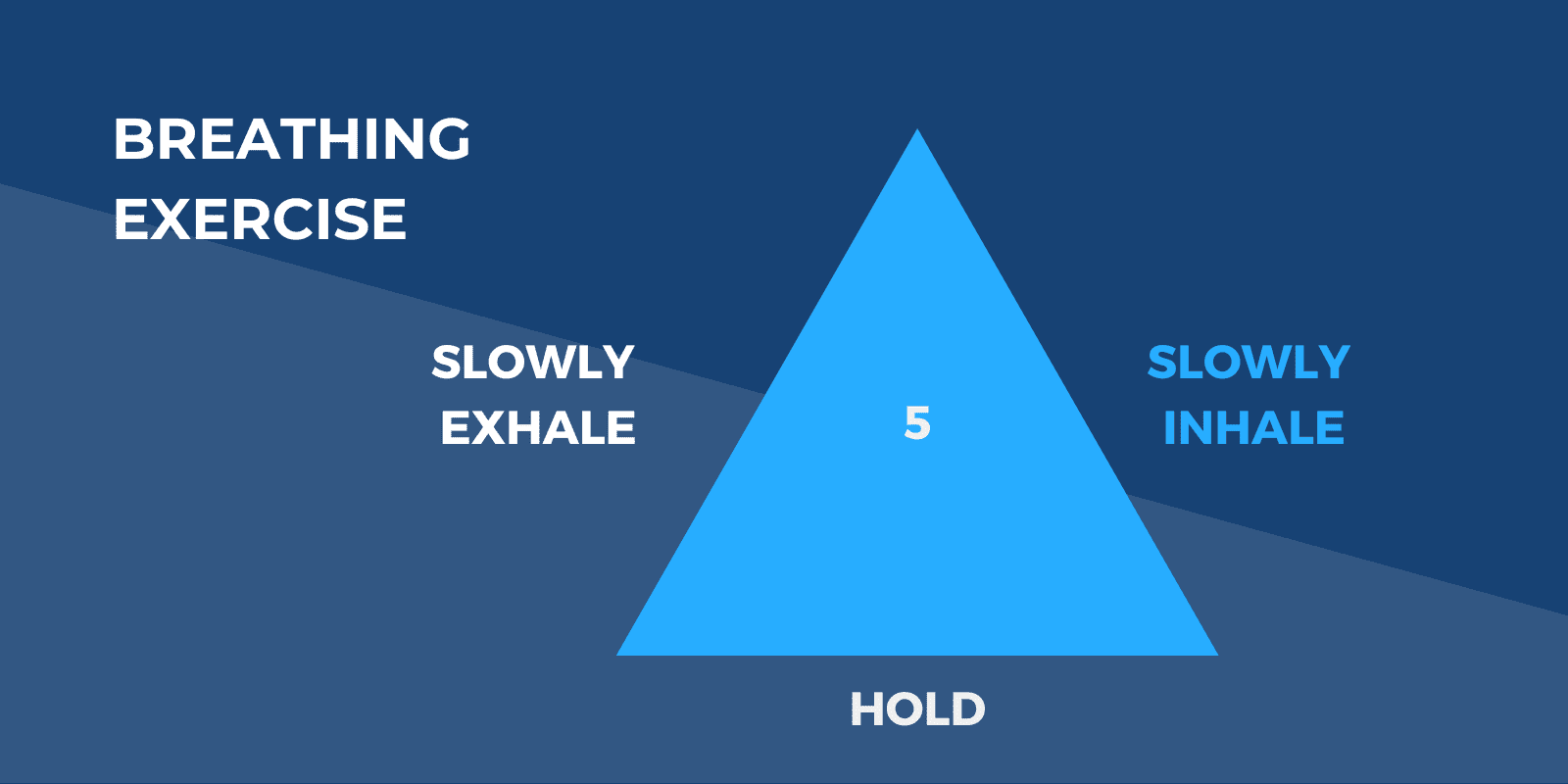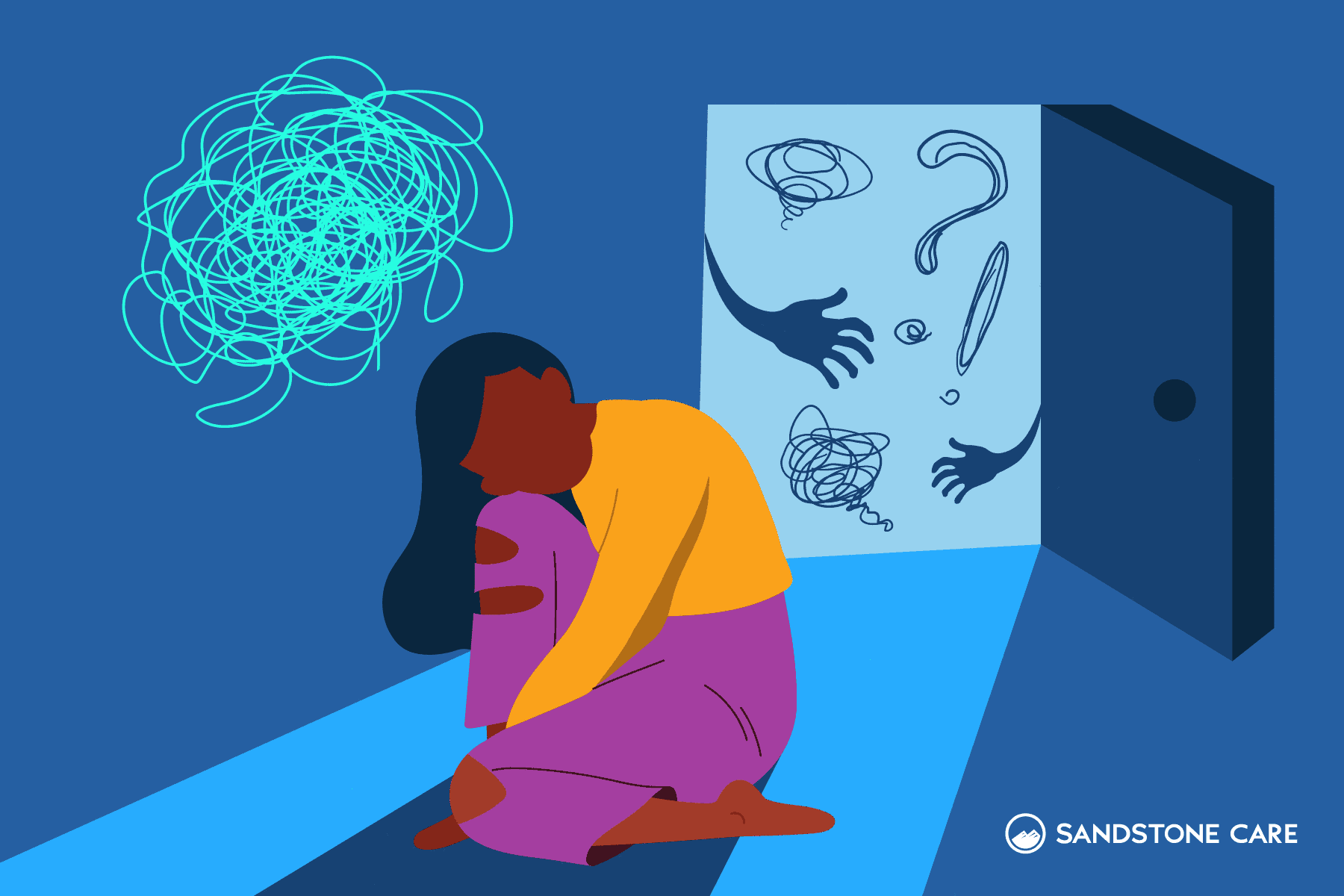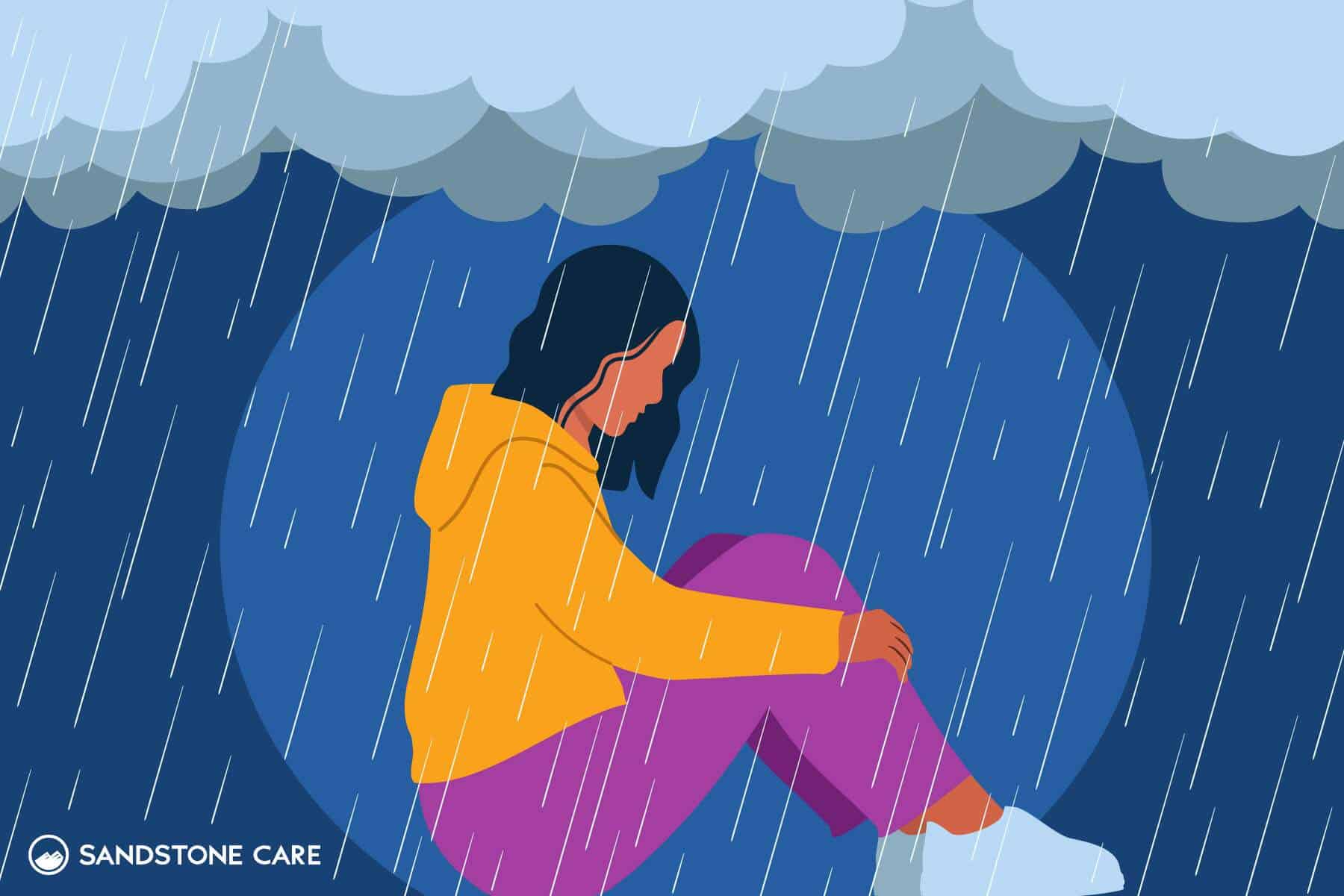Understanding Anxiety in Teens
You’ve seen it in your kid’s eyes. Something’s not right. You can tell that at times, they get butterflies, their hands start sweating and their heart starts to race so much that they can’t even think straight.
They seem worried about school, about friends, about the news and about life in general – much more worried than they should be.
Maybe you’ve even seen them simply break down and start sobbing. If these things are happening, your child may have an anxiety disorder. Let’s take a look at what that entails, and what you can do to help them.
Why Today’s Teens Have So Much Anxiety
In today’s world, it’s harder than ever for teenagers to keep up with the demands they face. At school, your child may feel enormous pressure to keep up with their homework, maintain good grades and get into the right college.
Beyond school, they may feel pressures around other activities: the pressure to make the team; to get the part in the school play; to ace the dance performance.
Most of all, your teen may feel enormous social pressure. To them, every day’s interactions with peers could be daunting. And it’s not just face-to-face interactions.
Social media and technology add layers of social pressure previous generations never had to deal with. Your kid may feel the need to be constantly connected with peers, and they may feel like they have to prove themselves to have a sense of self-worth.
But it doesn’t have to be this way. Millions of families go through what you’re experiencing now and learn to manage these pressures so they can not only survive, but thrive during adolescence.
Risk Factors for Anxiety Disorder
If your teen struggles with anxiety, they’re not alone. Anxiety among youth has become an epidemic not only in the US, but around the world.
The National Institute of Mental Health recently found that nearly 32 percent of teens dealt with anxiety at some point in their lives, and 8 percent of them even struggled with severe impairment during that time.
Though mental health professionals don’t know exactly what causes anxiety, they have found several corresponding factors, such as:
- Genetics. If your child has a family member who has struggled with anxiety problems, they’re more likely to struggle with anxiety themselves.
- Environment. Because young people’s lives are increasingly squeezed full of activities, they face more and more pressure – and have less and less downtime to deal with it. And as social media and technology have made their lives more complicated, the problem is intensified. When your kid can’t get away from the social pressure online, even at home, it’s hard for them to get the peace of mind they need.
Stress and Anxiety Symptoms
If your kid has an anxiety disorder, the effects can be downright incapacitating. They may feel a sudden sense of paralyzing, intense fear. They may feel exhausted, unable to turn their mind off.
They may feel a sense of hopelessness and being trapped.
They may be suffering physically – from headaches, stomach issues, the inability to sleep or a racing heartbeat. They may also be afraid to talk about their feelings.
They might think that other people will see them as weak, or that other people might think something’s wrong with them. And it’s possible that they feel very, very lonely.

Symptoms of Anxiety Disorder: How Serious Is It?
At times, everyone struggles with feeling anxious. So how do you know if your child’s anxiety is serious enough that it needs treatment?
The following are signs that the anxiety is more serious than normal:
- Isolation: Does your child usually stay home rather than go out with friends or family? Do they avoid normal activities, like school or sports?
- Physical issues: Do they constantly experience symptoms like nausea, butterflies, a rapid heartbeat, chest pain, headaches, or stomach problems? Are they unable to sleep well?
- Thought processes: Do they feel like they can’t de-stress, or that they can’t stop worrying for long periods of time? Do they have intense feelings of worry about not just upcoming events, but about normal events of the day?
How to Help Your Teen Manage Anxiety
If you want to help your kid avoid anxiety, encourage them to do the following:
- Practice breathing techniques. Practice slowing down breathing in moments of anxiety by stretching each breath out to a count of four.
- Get enough sleep. Anxiety symptoms are hard on the body. Your child needs more sleep during times of intense stress.
- Eat right. Eating a balanced diet full of plenty of fresh vegetables, fruits, lean protein, and healthy fats and avoiding caffeine promotes healthy brain function and reduces anxiety.
- Talk about it. One of the best ways they can fight anxiety is to simply talk through it with a trusted friend, family member, or counselor.
- Do things they love. When your kid enjoys an activity, it can relieve anxiety. Hobbies like playing music, playing sports, making art, going for walks outside, or taking the time to enjoy a beautiful sunset or delicious meal with friends can help your teen enjoy life once again.

Parents’ Corner
When normal tasks seem virtually impossible for your kid, it can be hard to know when to push them and when to accommodate their anxiety. Here are some small goals to keep in mind toward your child’s long-term success:
Avoidance is Not the Answer
Avoiding necessary behaviors, like interacting with others and taking care of their responsibilities, ultimately leaves your child unprepared for the real world. If they’re struggling with certain tasks because of their anxiety, ask their counselor for help creating strategies to confront those challenges in a constructive way.
Let Your Teen do Things for Themselves
While you may need to excuse them from some immediate tasks that are simply too much for them to handle, make sure this doesn’t recur indefinitely. Your child’s counselor can help you make a long-term plan for step-by-step progress.
Encourage Small Changes
Letting your teen do things for themselves and experience small victories will increase their confidence over time. Encourage them to take on incremental challenges like keeping a regular, manageable social date or talking to someone new once a week, and support them by facilitating these practices.
Help Them Prioritize
It may be the case that your child is actually overwhelmed with too much homework, sports and extracurriculars. Sit down with them, take an inventory of their tasks and how long each one realistically takes and make a schedule. Be sure to allow for sufficient sleep and downtime. If they’re short on time, look for non-essential tasks they can cut out – it’s all in the name of teaching them good time management and balance.
Manage Your Expectations
Excess pressure is one of the main factors contributing to adolescent anxiety. Remember that everyone’s path is different, there are abundant options out there for your teen and they have plenty of time to be a grown-up later in life. While everyone wants their child to succeed, if getting into an Ivy League college is the sole focus of your child’s life, they could be missing out on other important aspects of their development – give them some breathing room and watch them thrive!
What to do if Your Child Shows Symptoms of an Anxiety Disorder
If your child shows symptoms of anxiety, you can help them get the treatment they need so they can feel like themselves again. Here are some ways you can approach it:
- Talk to them. If possible, set time aside to ask them, in a non-threatening way, about what they’re facing. As they open up about their anxiety, you can understand the problem better and gain insight into how to help them.
- Talk to their primary care physician. Since anxiety can have physical causes, your child’s physician may be able to help you both deal with aspects of the symptoms.
- Talk to us. Sandstone Care provides a safe space for teens to be themselves – and for them to get the resources and support they need to manage the issues that are overwhelming them so that they can get on with their lives. We’re available seven days a week to help you with any questions you have; call us anytime at (888) 850-1890.
Overall, your child will show progress as you listen to them and work through things with them. With a little help, it’s entirely possible for them to relax and enjoy life again.







